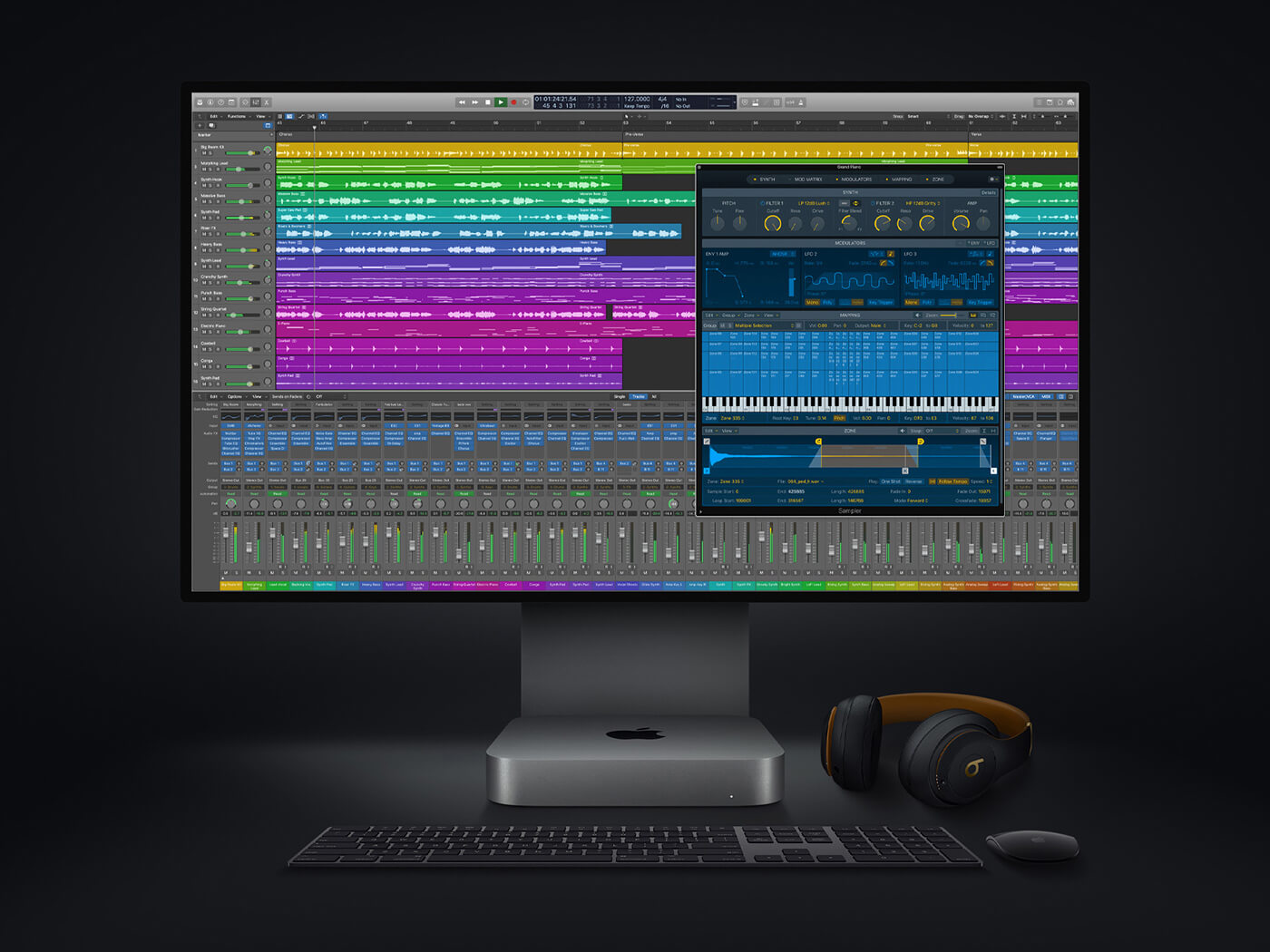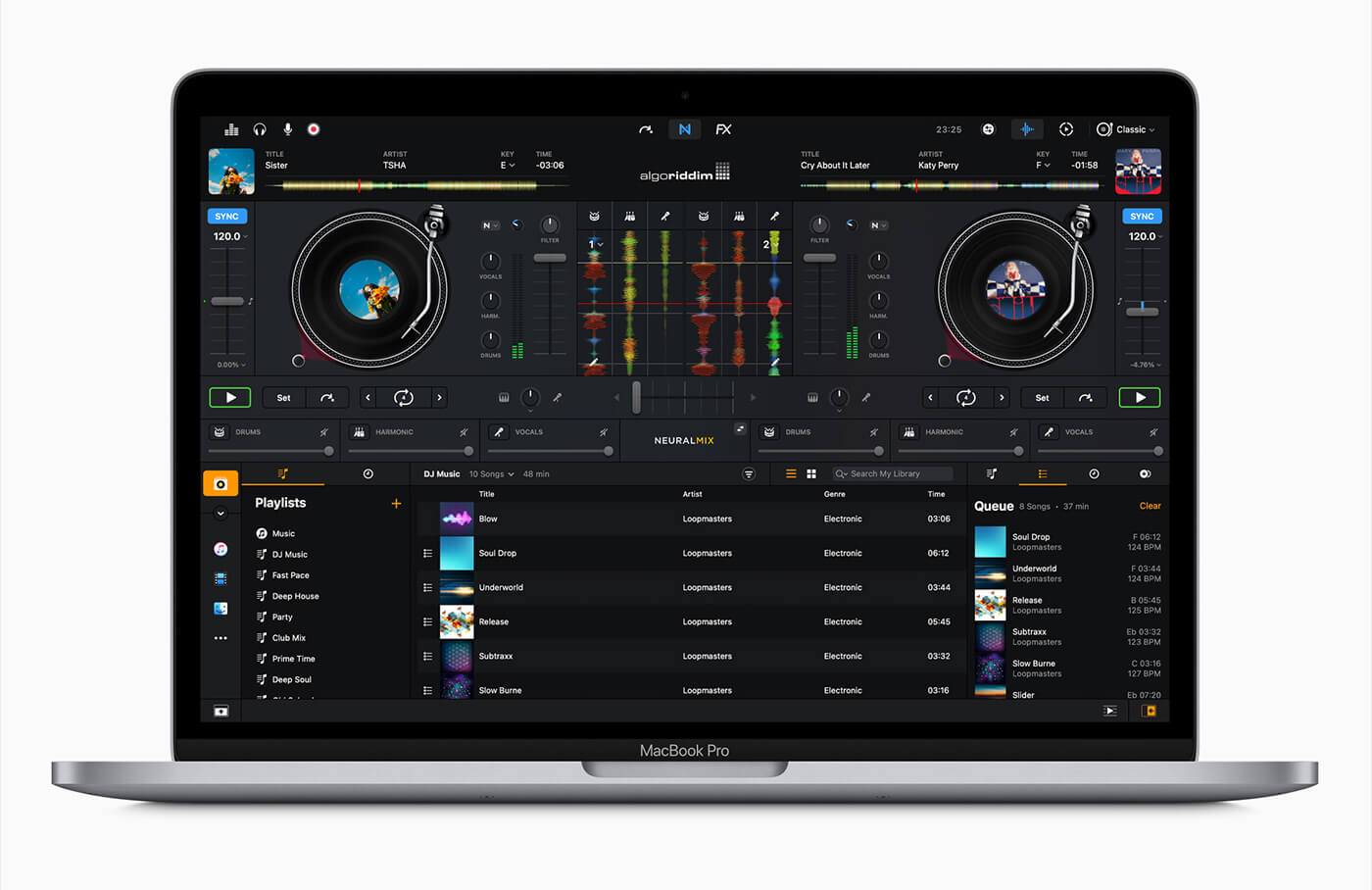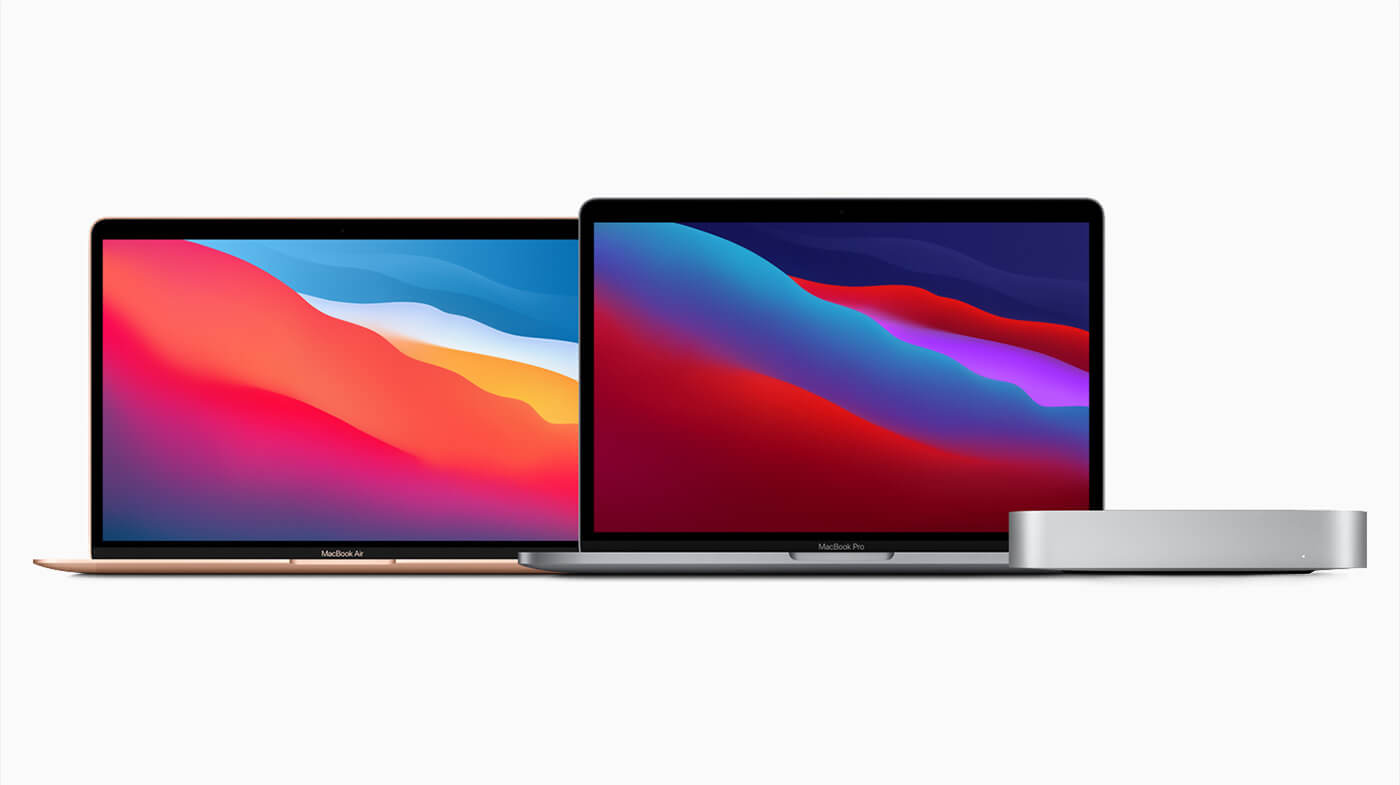Should you buy a new M1-equipped Apple Mac?
Three new machines boast a 3.5x bump in speed, but some limitations may put off pros.

Apple has launched three new ARM-powered computers, marking the beginning of the company’s move away from Intel CPUs to their own Apple Silicon processors. Three new machines, the MacBook Air, MacBook Pro 13″ and the Mac mini all feature the tech giant’s newly designated M1 chip. The M1 is a system-on-a-chip (SoC) design that integrates an eight-core CPU, GPU and a 16-core Neural Engine, optimised for machine learning (ML) processes.
But what does this mean for creatives? Well, the first and biggest change is that you’ll now be able to run iPhone and iPad apps natively in macOS Big Sur, which could open up all sorts of creative avenues. This is possible because the M1 chip is based on the same 5-nanometer process used for the A14 processor that inhabits the iPhone 12.
For the hardware, though, the CPU portion has eight cores: four high-performance and four high-efficiency. The result, says Apple, is a processor that’s 3.5 times faster than the previous generation, and one that also offers up to twice the battery life on its laptops when web browsing or watching videos.
And, because of the Neural Engine, Apple claims that the MacBook Pro 13″ can handle 11 trillion operations per second. That could come in handy when using ML processes such as realtime separation of beats, instruments and vocals in djay Pro Al, for example.

For the Mac mini (starting at £699/$699), Apple claims that it can run up to three times as many real-time plug-ins in Logic Pro X as previous generations. That sounds ideal for massive multi-track recordings. However, the new Mac mini isn’t anywhere near as upgradeable as its predecessor, one of the features that made the Intel-based Mac minis an excellent choice for the studio. For example, you can’t manually upgrade your RAM – it’s integrated into the SoC. And you can’t spec up your machine to have more than 16GB, while the previous generation could handle up to 64GB. This could cause problems for users who like to use giant sample libraries.
On the connectivity front, all three new models are well-equipped, featuring Thunderbolt/USB4 ports which allow transfer speeds up to 40GB/s for 6K displays and super-fast SSD storage.

Apple also bills the new integrated graphics as being up to six times faster than previous integrated graphics. However, The Verge reports that the new M1-based Macs won’t work with external GPUs, a common way of upgrading a Mac mini or laptop for video editing.
With that said, even the traditionally underpowered MacBook Air (from £999/$999), has enough grunt to play back and edit multiple streams of 4K ProRes video in Final Cut Pro without dropping frames. Meanwhile, the MacBook Pro 13” (from £1,299/$1,299) and Mac mini can do the same with 8K footage.
Whether the latest generation of Apple computers are right for you really depends on the kind of user you are. If you’re producing and mixing electronic music, and you like to stay portable, the improved battery life and processing power will be beneficial. Even if you’re making the occasional video, these will more than handle the challenge. But if you’ve got huge orchestral autoloads or you’re doing heavy video editing day-in, day-out, then the RAM limitations will likely be a turn-off.
For more information, visit apple.com.
For more music technology news, click here.